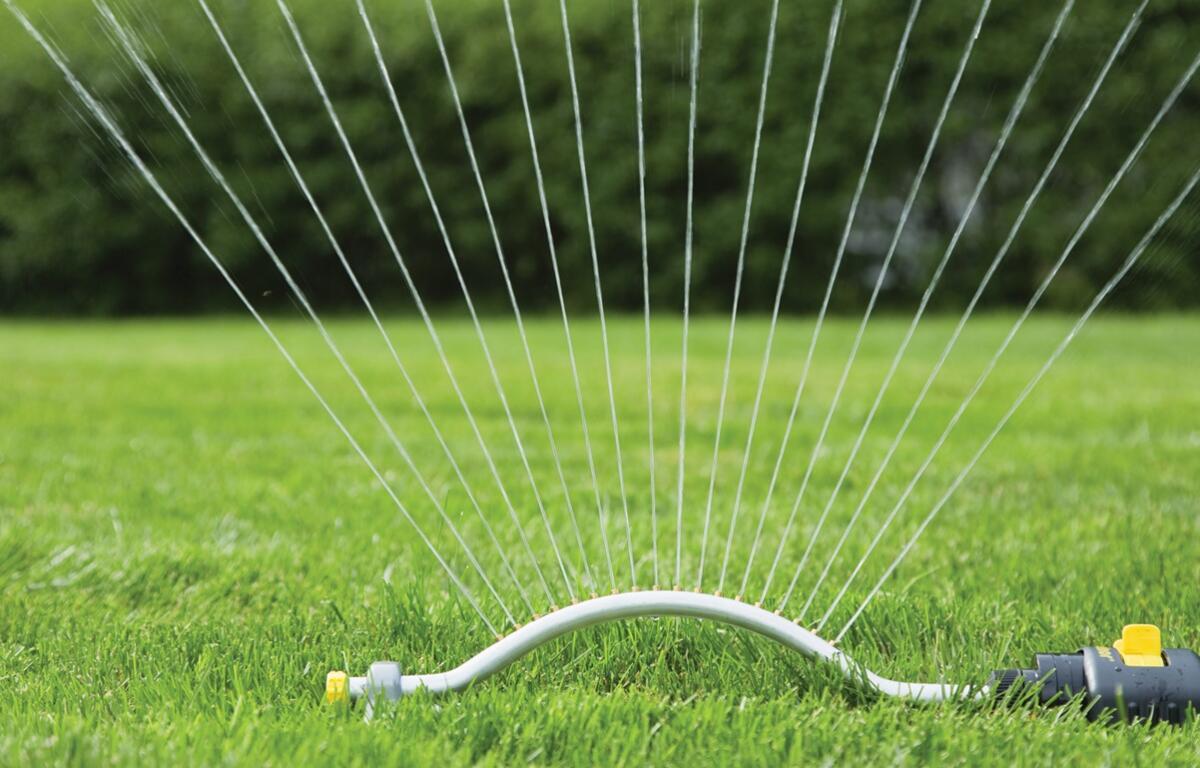HARRISONBURG, Va. (ROCKTOWN NOW) – Despite heavy rainfall late last week as Tropical Storm Debby passed through the Shenandoah Valley, a drought warning is in effect for the City of Harrisonburg.
Harrisonburg City Council adopted a resolution declaring the warning during their Tuesday night meeting. While the water consumption relative to the city’s supply has not reached critical mass, a spike in consumption during bouts of extreme heat over the summer prompted the measure.
Harrisonburg Public Utilities Director Mike Collins explained to council that the city’s water supply has returned to full capacity following recent heavy rainfall and demand for water has fallen to manageable levels. However, he expects usage to increase as students return to James Madison University and Eastern Mennonite University over the next week.
“If our water supply is at full capacity and we return to the type of consumption that we’ve seen since the students left during the hot period of time with the students here and them practicing the same practices that everybody else does, we will certainly, for the first time in my lifetime, see the demand exceed our capabilities,” Collins said.
According to Collins, the current water usage capacity for Harrisonburg is 68 million gallons per week and can be extended to 77 million gallons per week with risks. Water demand in Harrisonburg shot up to 62 million gallons per week during the hottest periods of July and dropped off during the first week of August.
However, if conditions worsen with the students’ return and another potential heat wave before summer’s end, then mandatory water restrictions may need to be implemented.
Voluntary conservation measures are currently in place for the city, as residents have been encouraged to reduce watering lawns, washing cars, and ornamental uses such as decorative fountains. If mandatory measures go into effect, that could mean restricting all non-essential water use in the city and deciding which entities in the city can use water in emergency conditions.
Collins said the chances of reaching those conditions are relatively low, but still significant enough to keep in mind.
“If I had to put a probability on this happening, it’s 25 percent,” Collins said. “That’s pretty high, more than I’ve ever seen before, but I don’t think that’s going to happen. But I don’t know.”
According to Collins that the city’s two universities consume a large portion of the water supply for irrigation on the campuses. City Manager Ande Banks reminded council members that he and his staff have been communicating with Harrisonburg’s universities and public schools and that they are committed to reducing irrigation on their properties.
Meetings with significant industry users of Harrisonburg’s water supply are also planned.
Banks said these concerns could be quelled by the city’s upcoming Eastern Roll Waterline Project, which is expected to start within the next two years.
“When that comes online in 2026, many of these headaches are going to be relieved for the next 20, 30 or 40 years,” Banks said. “So, just also to put residents’ mind at ease that we have foreseen these challenges and have already been taking steps for years to address the raw water needs for the city for the foreseeable future.”



